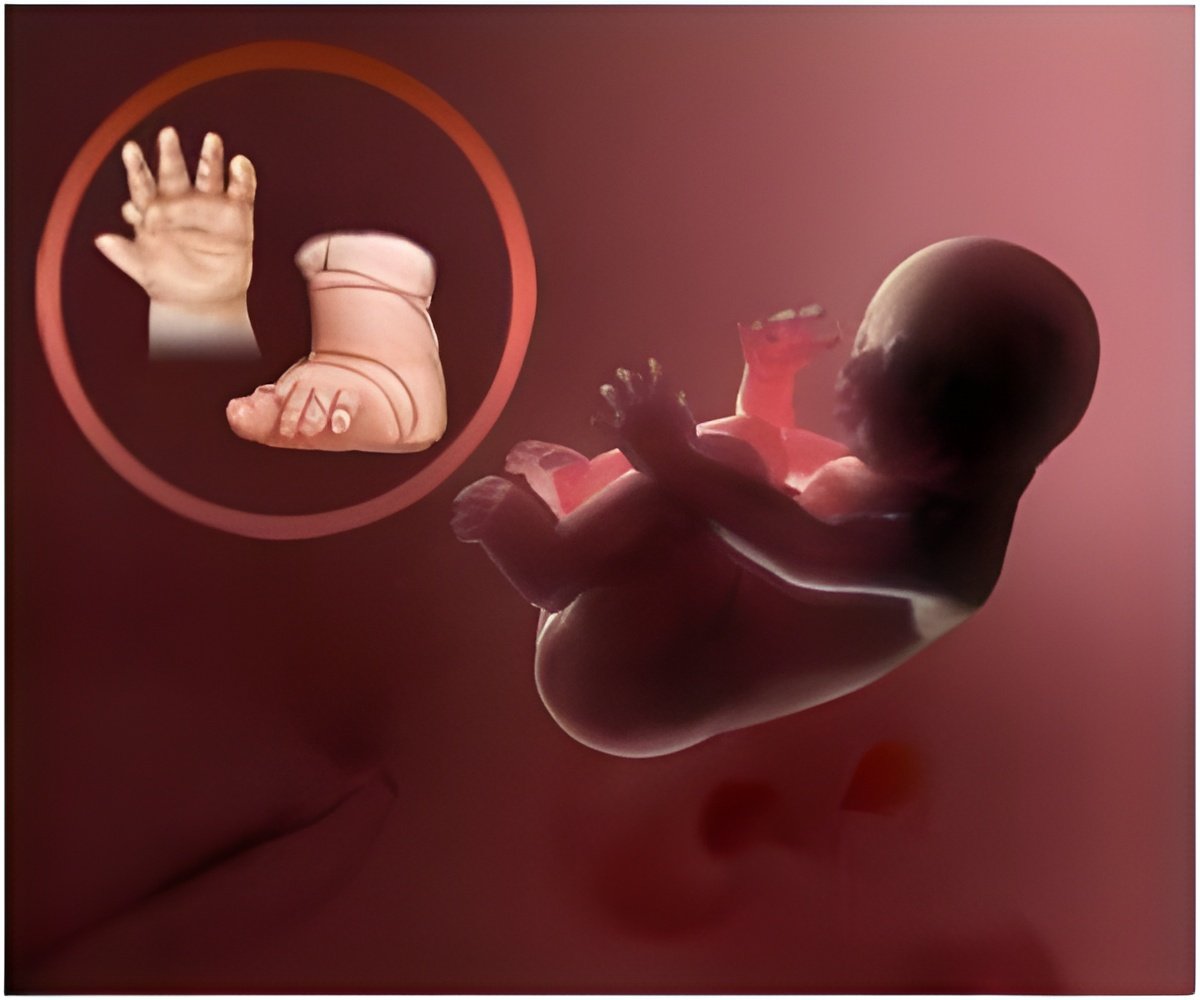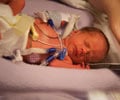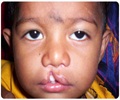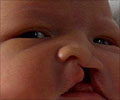Results of a new study suggest that exposure to chemical bisphenol A when in the womb often results in defective testicular hormone in newborn boys with undescended testicles.

Cryptorchidism, the medical name for undescended testicles, occurs in 2 to 5 percent of full-term male newborns, according to Fenichel. Sometimes the testicles descend on their own within six months after birth. If the condition persists and goes untreated, however, it carries an increased risk in adulthood of decreased fertility and testicular cancer, he said.
Fenichel and his colleagues studied 180 boys born after 34 weeks gestation between 2003 and 2005. Fifty-two were born with one or two undescended testicles, 26 of whom still had the condition at 3 months of age. The other 128 newborns did not have this birth defect and were matched for pregnancy term, weight and time of birth (the control group). Using sensitive immunoassays of the infants umbilical cord blood, the researchers measured the newborns levels of BPA and insulin-like peptide 3, one of the two testicular hormones that regulate descent of the testicles.
Testosterone level, which also controls fetal testicular descent, did not differ between the groups and was normal in the whole population, according to Fenichel.
The infants with cryptorchidism had significantly lower levels of insulin-like peptide 3, compared with the controls, the authors reported. These infants did not have greatly increased levels of BPA or several other environmental endocrine disrupters that were measured. However, in all 180 infants, the BPA level inversely correlated with the level of insulin-like peptide 3, meaning that the higher the BPA level, the lower the level of this important testicular hormone.
Fenichel speculated that BPA, an estrogenic endocrine disruptor, might repress, as other research has shown for estrogens in rodents, expression of the gene for insulin-like peptide 3. This could be a co-factor in the development of cryptorchidism, he said.
Advertisement
Founded in 1916, The Endocrine Society is the world's oldest, largest and most active organization devoted to research on hormones and the clinical practice of endocrinology. Today, The Endocrine Society's membership consists of over 16,000 scientists, physicians, educators, nurses and students in more than 100 countries. Society members represent all basic, applied and clinical interests in endocrinology. The Endocrine Society is based in Chevy Chase, Maryland. To learn more about the Society and the field of endocrinology, visit our site at endocrine.org
Advertisement









